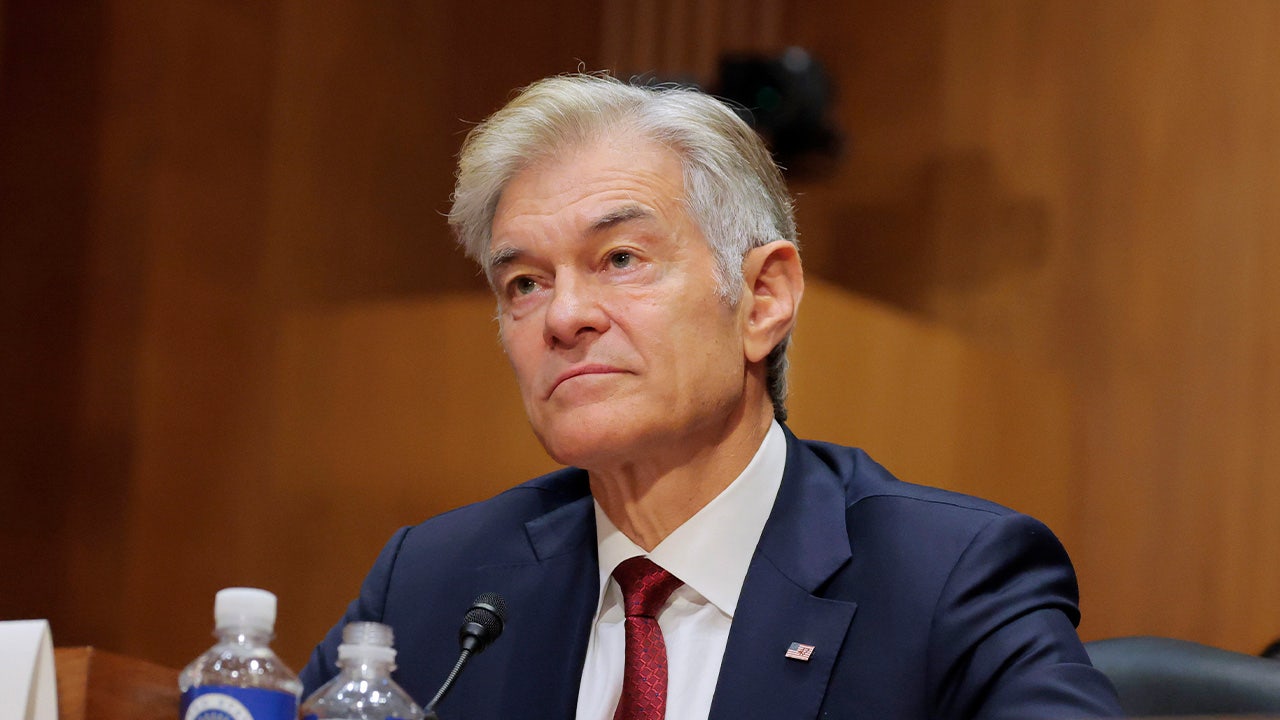Dr. Mehmet Oz, the TV-famous surgeon now leading the Centers for Medicare and Medicaid Services (CMS), is championing sweeping Medicaid reforms under President Trump’s “Big, Beautiful Bill.” His goal? To restore the program’s original mission while empowering able-bodied Americans through work requirements—a move that’s ignited fierce controversy.
The Vision: Restoring Medicaid’s Purpose
On September 1, 2025, Dr. Oz outlined his ambitious plan to reshape Medicaid, a program covering 78 million low-income Americans. Speaking on Fox News, he argued that Medicaid had drifted from its 1960s roots, becoming a “trap” for dependency during the COVID-19 pandemic. “Abuse happened… it was basically legalized money laundering,” Oz said, criticizing extra payments to states that he claims undermined accountability.
His reforms, embedded in the One Big Beautiful Bill Act (OBBBA) signed July 4, 2025, focus on reducing fraud, modernizing systems, and enforcing work requirements for childless adults aged 19-64. Oz insists these changes will help Americans “move up the ladder, get jobs, and feel pride.”
Key Changes: Work Requirements and Digital Tools
The OBBBA introduces mandatory work or volunteering for 20 hours a week to qualify for Medicaid, with exceptions for caregivers, students, and those with substance use disorders. A Congressional Budget Office (CBO) analysis estimates these rules could cut federal Medicaid spending by $793 billion over a decade, potentially leading to 10.9 million fewer enrollees by 2034.
To ease compliance, Oz unveiled a smartphone app developed by the United States Digital Service, allowing users to verify work hours in under seven minutes. Pilots in Louisiana and Arizona have shown promising results, with 91% of Medicaid recipients owning smartphones. “If you’re an Uber driver, the app connects to your payroll provider like ADP,” Oz explained on CBS’s Face the Nation.
Public and Expert Reactions
Critics are sounding alarms. Democrats, including Senator Elizabeth Warren, argue the reforms risk harming vulnerable groups like children and the disabled. “These cuts could devastate nursing home care and coverage for one in three kids,” she warned. Posts on X echo this, with users calling the bill a “healthcare disaster” that prioritizes tax cuts for the wealthy.
Supporters, like Office of Management and Budget Director Russell Vought, counter that the bill “preserves the social safety net” with “common-sense” changes. Oz himself emphasized protecting the most vulnerable while incentivizing self-reliance. On X, some praised his focus on accountability, citing the $1 trillion spent annually on Medicaid, much of it on preventable diseases.
Impact on Americans
For U.S. readers, these changes could reshape access to healthcare. Rural communities, already hit by hospital closures, may face reduced Medicaid funding, impacting local economies and emergency care access. Urban low-income families could struggle with new administrative hurdles, despite Oz’s digital solutions. The CBO predicts millions may lose coverage, particularly in poorer states like Alabama and Mississippi.
Politically, the reforms are a lightning rod ahead of the 2026 midterms, with Republicans defending cost-cutting and Democrats decrying cuts to safety nets. Economically, reduced Medicaid spending could free up federal funds but strain state budgets, which already allocate 30% to the program.
Looking Ahead: A Divisive Path
Oz’s vision hinges on balancing efficiency with compassion, but the road ahead is fraught. Legal challenges to work requirements are likely, and public protests, like those by the Service Employees International Union in June 2025, signal growing unrest. The success of the digital app and rural hospital funding—set to roll out in September—will be critical tests.
As Dr. Oz navigates this high-stakes role, his reforms could redefine Medicaid, for better or worse. Will they empower Americans or leave millions without care? The nation is watching.
